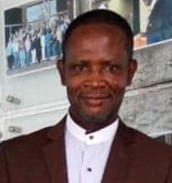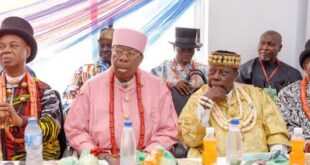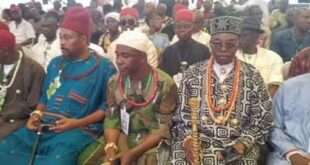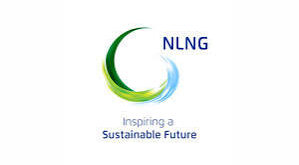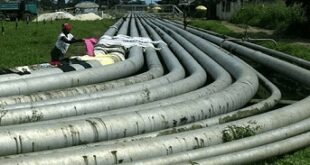By Amos Odhe, Yenagoa
Publisher of the Blue Economy Online Magazine and facilitator of the South-South Tourism Roundtable initiative, Dr. Piriye Kiyaramo, has tasked South-South governors to invest more in the emerging Blue Economy, with a view to unlocking potentials of the ocean to create more jobs and boost their states’ economies.
Dr. Kiyaramo noted that the oceans, seas and coastal areas contribute to food security and poverty eradication and that over three billion people use the oceans for sustenance and 80% of world trade occurs over the seas, adding that the Blue Economy describes the sustainable use and conservation of aquatic resources in both marine and freshwater environments, including oceans and seas, coastlines and banks, lakes, rivers and groundwater.
The senior special assistant (SSA) to Bayelsa State governor on Tourism, who made the appeal while speaking with newsmen in Uyo, capital city of Akwa Ibom State at the weekend, said that marine related investments will trigger sufficient blue growth in the south-south region because of its abundant marine resources, begging for attention.
While commending the president for creating the new Ministry of Marine and Blue Economy, he reiterated the urgent need for the states in the region to articulate workable strategies to foster the benefits of a sustainable ocean economy that would enable the zone to optimise the use of the marine resources without jeopardizing the health of the ocean and the ecosystems.
The governor’s aide further noted that, while the traditional maritime industries continue to innovate at a brisk rate, the emerging ocean industries have also continued to attract more attention from investors, informing that the ocean economy is driven by a combination of population growth, rising incomes, dwindling natural resources, responses to climate change and pioneering technologies.
“These industries which include offshore wind, tidal and wave energy, oil and gas production in ultra-deep water and exceptionally harsh environments, offshore aquaculture, seabed mining, cruise tourism, maritime surveillance and marine biotechnology are best fitted to be located in the south-south region.
“Findings indicate that the concept of a “blue economy” emphasizes conservation and sustainable management, based on the premise that healthy ocean ecosystems are more productive and a must for sustainable ocean-based economies.
“The concept of “blue growth” refers to a more sustainable ocean economy, enabling the optimum use of its resources according to the health of the ocean and its ecosystems. Therefore, investing in the Blue Economy means, unlocking the potentials of the ocean to create more jobs and boost the economy.
“As a marine and coastal analogue to the Green Economy, the Blue Economy approach is based on a vision of “improved wellbeing and social equity, while significantly reducing environmental risks and ecological scarcities” (UNEP)
Recall that marine resources include: biological diversity (marine biodiversity) ecosystem services from marine ecosystems, such as marine coastal ecosystems and coral reefs, fish and seafood, minerals (for example deep sea mining) oil and gas, renewable energy resources, such as marine energy, sand and gravel and tourism potentials.
“Marine resource often serve important ecological functions, providing coastal protection, and are critical resources for food, energy, tourism and economic development.
“In many parts of the world, such marine and coastal systems are under stress or are threatened from a variety of sources, both human and natural. Karmenu Vella, once said: “If the ocean were a country, it would be the world’s seventh largest economy”, Dr. Kiyaramo said.
 PH Mundial – Port Harcourt Online Newspaper News Across The Region
PH Mundial – Port Harcourt Online Newspaper News Across The Region

